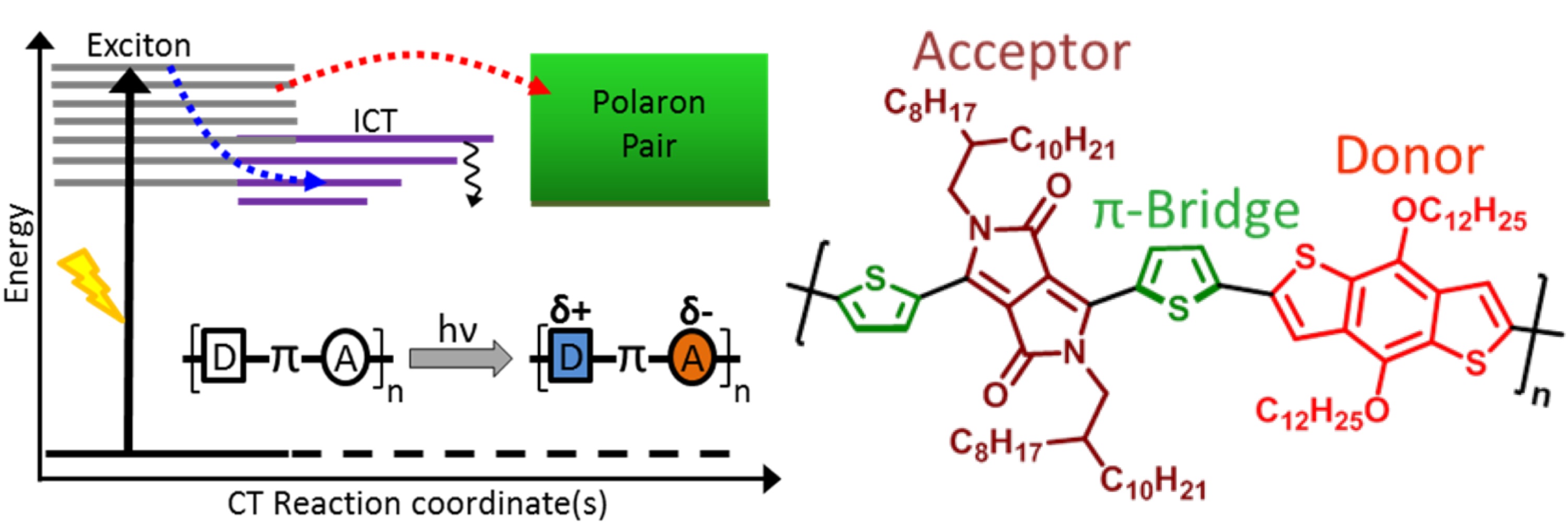Prof. Satish Patil from the Solid State and Structural Chemistry Unit and his other team members have won the inaugural Newton Prize for the year 2017

Jo Johnson, Minister of State for Universities, Science, Research and Innovation, United Kingdom has announced the first ever winners of the Newton Prize carrying prize money of £200,000. The APEX-II Program is an EPSRC Newton-funded project focused on advancing technology to create cleaner, more sustainable and affordable energy with an emphasis to improve the quality of life in rural India.
Professor Satish Patil from Solid State and Structural Chemistry Unit, IISc has contributed to the project in organic photovoltaics. During the course of the project Prof. Patil’s group developed organic semiconducting polymers for solar cells. The prize ceremony was held November 1, 2017 in the presence of Hon. Mr. Y.S. Chowdary, MOS Science & Technology, Hon. Mr Jo Johnson MP, Minister of State for Universities, Science, Research and Innovation, United Kingdom & Prof. Sir Venki Ramakrishnan, FRS, Nobel Laureate, President of the Royal Society and Newton Prize Committee Chair.
The Newton-Bhabha APEX-II program is a flagship project in solar energy between India and the UK, building on the achievements of an early program. The project focused on addressing the challenges of perovskite solar cells (PSC), which have proved successful in terms of efficiency and costs but have shown materials and device instability from ambient humidity and oxygen in the air.
The project has advanced the technology and patents generating a good deal of interest among manufacturing companies like Tata, Power on Demand, NSG-Pilkington, and E4U-France. Tata has formed a partnership with APEX to develop a stable PSC and take it into manufacturing development through a license deal. The eventual product could revolutionize the affordability of cheaper electricity available at low cost.
In addition, the project has built up strong partnerships between academic groups from the two countries, marked by several offshoot projects, high-quality, high-impact joint publications, patents and more than 50 exchange visits of early career researchers.


